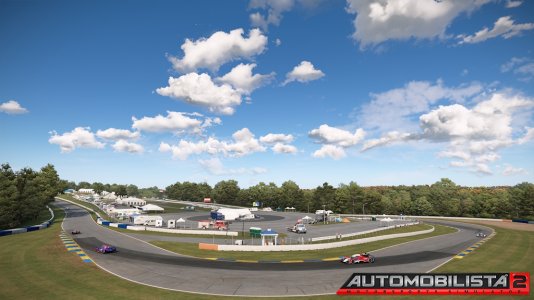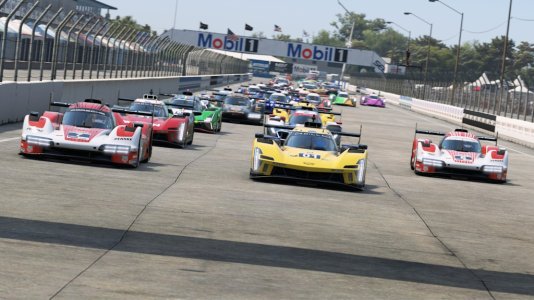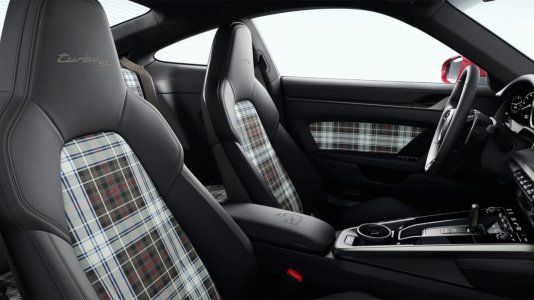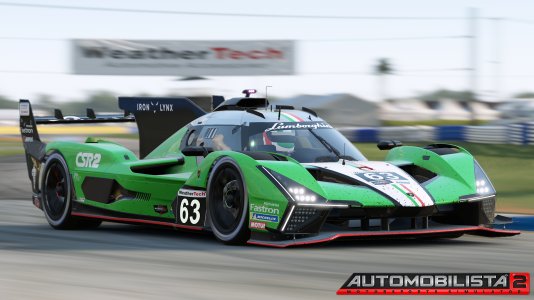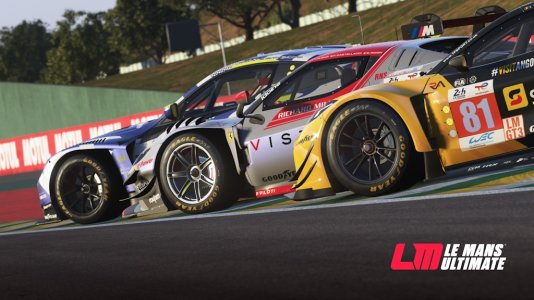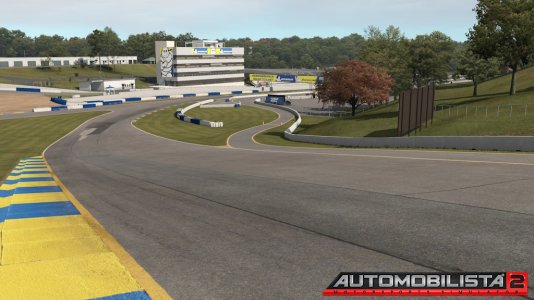Paul Jeffrey
Premium
Assetto Corsa Competizione has received the hotfix treatment today - with build 1.3.11 having dropped on Steam earlier this evening.
New build time! Ok, so it isn't the v1.4 we are all waiting for, but Kunos have nevertheless done a good job with this latest hotfix update posting for Assetto Corsa Competizione - adding a number of useful and important fixes and improvements to the official SRO GT World Challenge Series racing simulation.
Highlights of the latest build include some fine tuning to the behaviour of both wet tyres and tyre tearing model, amongst an array of different tweaks and improvements that can be seen below:
V1.3.11 Hotfix Update Notes:
Original Source: Assetto Corsa Competizione Steam
Assetto Corsa Competizione is available now on PC, with console release to follow in the coming months.
Got questions that need answers relating to ACC? Start a thread in the ACC sub forum here at RaceDepartment, and let our epic community help you out!

New build time! Ok, so it isn't the v1.4 we are all waiting for, but Kunos have nevertheless done a good job with this latest hotfix update posting for Assetto Corsa Competizione - adding a number of useful and important fixes and improvements to the official SRO GT World Challenge Series racing simulation.
Highlights of the latest build include some fine tuning to the behaviour of both wet tyres and tyre tearing model, amongst an array of different tweaks and improvements that can be seen below:
V1.3.11 Hotfix Update Notes:
- Fixed a potential crash when using trackIR with helmet camera.
- Added ignition/engine running indicator to speedo/rpm widget.
- MFD will now only store its state when HUD is removed from screen (potential fix for stutter when cycling MFD pages after HDD power down)
- Fixed currently viewed car label indicating wrong car brand in replay under specific conditions.
- Fixed nationality information not transferring correctly for MP opponents in the broadcast HUD.
- Broadcast HUD TAB leaderboard now scrolls on mouse input.
- Fixed MP car showroom not displaying cars when official filter was selected under specific conditions.
- Tyre tearing model fine tuning.
- Audi R8 EVO preset setups strategies fixes.
- Huracan EVO fine tuning.
- Huracan ST Paul Ricard aggressive setup.
- Huracan ST preheated tyres fix.
- Wet tyres rear radius correction.
- Minor rearrangement of the lights and ignition indicators.
- Fixed the flash light HUD indicator getting stuck in the Mercedes.
Original Source: Assetto Corsa Competizione Steam
Assetto Corsa Competizione is available now on PC, with console release to follow in the coming months.
Got questions that need answers relating to ACC? Start a thread in the ACC sub forum here at RaceDepartment, and let our epic community help you out!
Last edited:

